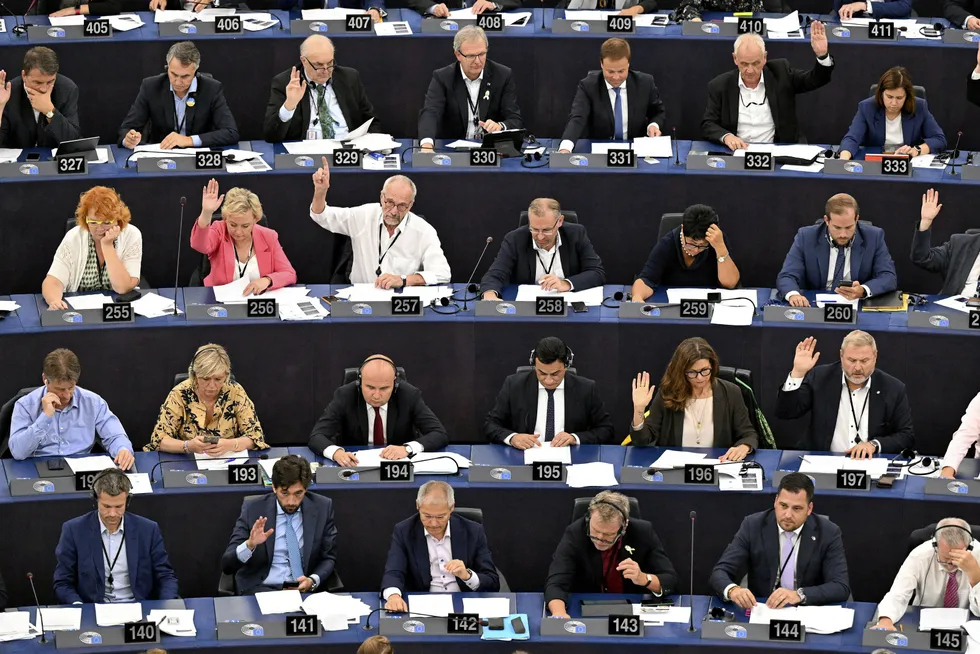Scrapped | EU's controversial 'additionality' rules for green hydrogen are history after European Parliament vote
The requirements for hourly proof of dedicated renewable energy supply will no longer apply, reducing the risk of a potential 'mass exodus' of developers to the US — but not everyone is pleased
